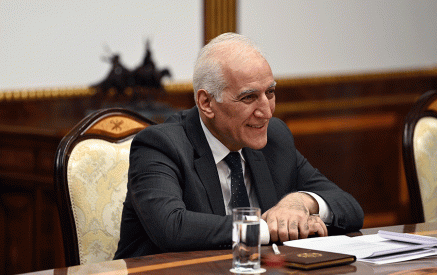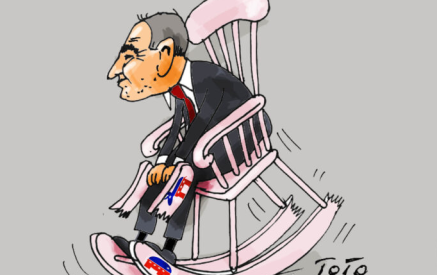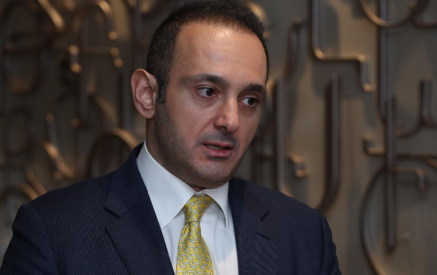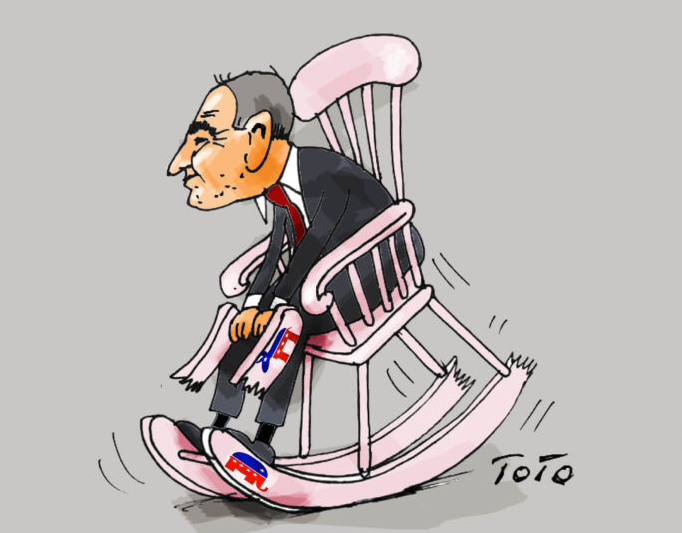by Suren Sargsyan
A few days ago, a rather interesting incident took place, which sparked serious reactions in Armenian political life. First, in his recent article, former US Assistant Secretary of State James O’Brien under President Joe Biden, now an independent expert, criticized agreements Armenian Prime Minister Nikol Pashinyan reached in Washington. O’Brien stated that the Trump administration offered “no substantial peace dividend for Armenia: no open border with Turkey, no extra investments for Armenia’s benefit … only a corridor connecting different parts of Azerbaijan.”
He added, “The election campaign will now be dominated by the prospect of a coerced constitutional change,” predicting this “will be deeply unpopular in Armenia and will hurt Pashinyan further.”
Pashinyan responded to O’Brien’s argument that the Armenian-Azerbaijani agreements signed in Washington were a major win for Azerbaijan, as they wouldn’t provide Armenia a “substantial peace dividend,” end the conflict with Azerbaijan, or protect Armenia’s vulnerability. When asked to comment, Pashinyan said at a press briefing that O’Brien lost his job during the tenure of US President Donald Trump and now needs to try to explain why the Trump Administration was able to do something the Biden Administration couldn’t.
Read also
“From this point of view O’Brien’s remarks are very strange, but on the other hand not strange at all,” Pashinyan said. “If Mr. O’Brien is talking about Armenia’s vulnerabilities, I have to state that unfortunately Armenia was most vulnerable during his and their tenure. I’d like to remind you about the events of 2023, the events of 2022, the events of 2021. And I have to say that we had never been satisfied with the reaction and work that the then-US administration had carried out in our region to support the peace process. Mr. O’Brien is someone who lost his job as a result of this all, and I am not going to comment on his emotional assessments. If he has lost his job, he needs to self-reflect and not try to put the blame for losing his job on Armenia. Today, Armenia is in the least vulnerable state of its modern independent history. We’ve never been less vulnerable since 1991. And perhaps it was the lack of skills to notice geopolitical, regional and political nuances that didn’t allow Mr. O’Brien to continue his career in the U.S. State Department,” Pashinyan said.
Such criticism is quite surprising, because Pashinyan consistently received significant support from the Biden administration. And this support has not only been in the form of financial or diplomatic assistance, but also in the form of political backing. It is therefore striking that Pashinyan today, when the Democrats are no longer in the White House, is reacting in such a manner toward the Democratic administration.
The reasons for this may be varied. The most important one may be that Prime Minister Pashinyan and his political team had acquired a reputation in Washington as a government closely cooperating with the Democrats. In other words, in Washington they were perceived as carrying the political orientation of the Democratic Party. The prime minister may now wish to distance himself from the stance adopted during the US presidential elections. Pashinyan may be trying to appeal to Trump by portraying himself as a victim of the Democrats. This approach would likely please Trump, who frequently criticizes Biden, as he did during the Armenia-Azerbaijan statement signings in Washington.
Regardless of whether we agree with Pashinyan’s evaluations, Armenia’s current political leadership has consistently struggled to maintain a balanced approach in its relations with the United States, failing to effectively engage with both Republicans and Democrats to ensure a stable foreign policy. Its disregard for the fact that the most active members of the Armenian Caucus in Congress are Democrats risks negative repercussions, if not immediately, then in the near future.




















































